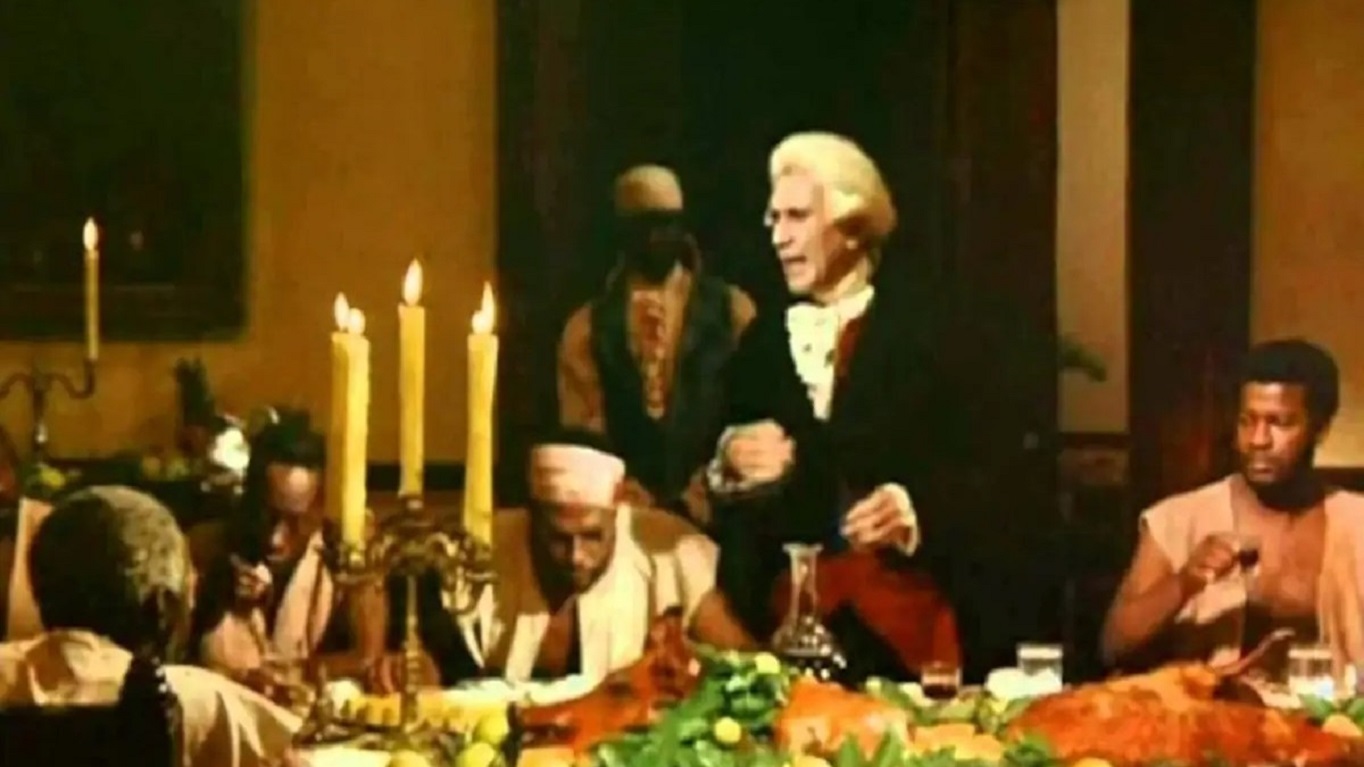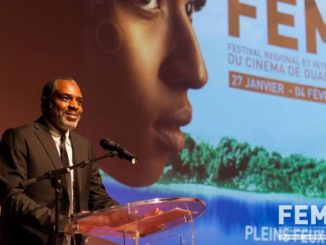
Despite the coronavirus pandemic, Havana had its film festival. The first part of the event – which has been showing the best of Latin American cinema in the Cuban capital for 42 years – took place from December 3 to 13 under strict health measures. The second part will be celebrated from March 11 to 21.
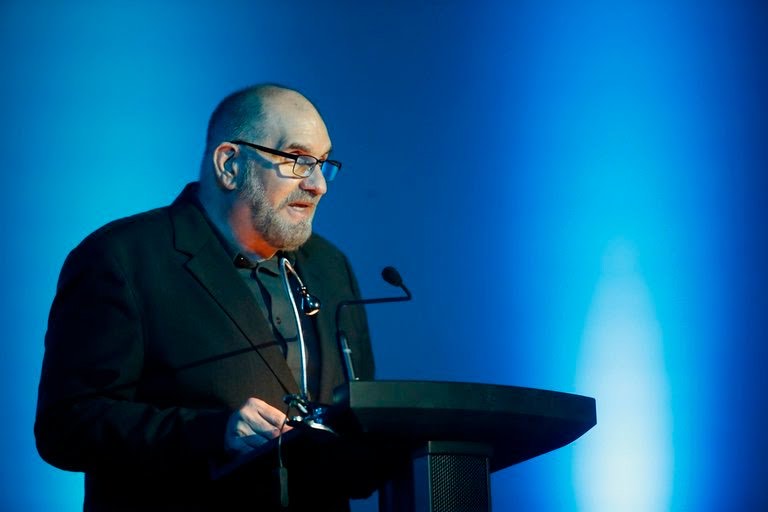
“It was very important not to give up this traditional December event, because it was the date that marked the history of the festival”, said Ivan Giroud, president of the event which every December fills the cinemas with some 300 000 spectators from all over the world.
However, on this occasion, the organizing committee decided that the event should be divided into two parts. In December only 98 films were screened, all out of competition; while from March 11 to 21, 2021 the event will take place alongside the long-awaited debates and conferences.
In this first session, the exhibition hosted films from the contemporary American and international scene, films of diversity and documentaries.
A significant number of the works came from Argentina, Brazil, Chile, Costa Rica, Ecuador, the United States, Great Britain, Mexico, Peru, the Dominican Republic, Venezuela, Honduras, Cuba, Puerto Rico and Colombia.
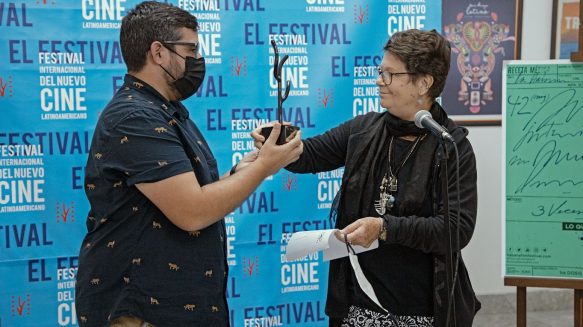
Culture and film in danger
The inauguration took place in the Acapulco cinema with the screening of the restored copy of “La Última Cena” (The Last Supper), by Cuban Tomás Gutiérrez Alea, by the Los Angeles Academy of Motion Picture Arts and Sciences Archive in coordination with the Cuban Cinematheque and the Cuban Institute of Cinematographic Art and Industry (Icaic).
During the opening gala, Giroud said that “culture and cinema are in danger and this is not the right time for postponements, since the space we give up will be occupied by vulgarity, mediocrity and barbarism”. “In times of pandemic, there is no other way to channel the development of the human mind than to place culture and science at the centre of the crossroads”, he added.
During the ten days of the event, in addition to film screenings, tributes were also paid to Cuban filmmakers Juan Padrón and Francisco Prats, both of whom died this year; and Prats and writer Senel Paz were also honoured with the 2020 National Film Award ceremony.
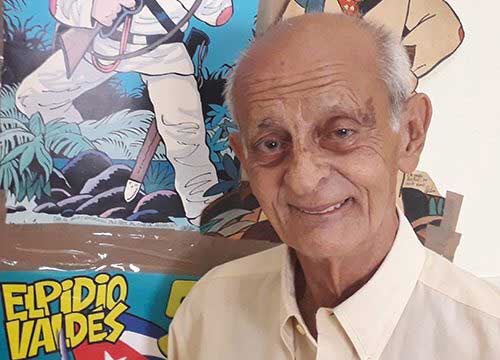
Strict health measures
With the slogan “What the Doctor prescribed”, the promotional image of this 42nd edition pays tribute to the health workers, in thanks to their work in the face of the Covid-19 pandemic.
It was precisely to prevent the spread of the virus, the organizing committee implemented strict health measures in the cinemas: listed windows (around 30% of the capacity), obligatory wearing of masks, disinfection of shoes and hands at the entrance to the cinema between sessions.
In addition, tickets were sold at the cinema box office in advance and the programme was broadcast in advance to avoid crowds.
Of course, this will be the second part – when the distinctive ChoralesPrizes will be awarded – the highlight of the Festival.
At that time, conferences with guest directors and actors were scheduled, and will be discussed the main theme of the event: Young Cinema in Latin America.
It is expected that in March 2021, 102 films will enter the competition in different categories, 18 of them in fiction feature films, the most anticipated by the audience.
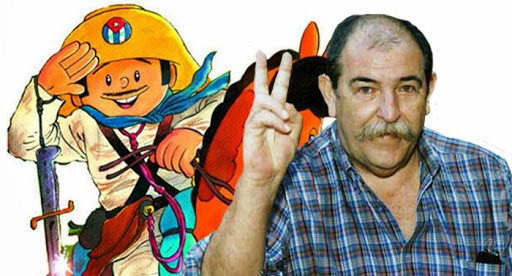
Part Two, second dose
These competing films come from Argentina (4), Brazil (5), Chile (3), Mexico (4) and the Dominican Republic (2), of which a feature film is directed by Cuban director, Rolando Díaz, who lives in this Caribbean country.
Meanwhile, no Cuban feature film will be presented in competition since the situation caused by the pandemic prevented post production and other work usually done outside the Caribbean island.
On the other hand Giroud explained that the productions that will be shown in the second moment as part of the International Contemporary Panorama section, will depend on the recognitions granted at the most important festivals of the world in the first quarter of the year 2021.
The International Festival of New Latin American Cinema in Havana defends the permanence of cinema as a unique and irreplaceable experience, despite the challenges imposed by the development of technological means and social networks.
During its 42 uninterrupted editions, the event was dedicated to recognition and dissemination of cinematographic works that contribute, by their meaning and artistic values, to the enhancement and reaffirmation of Latin American and Caribbean cultural identity.
